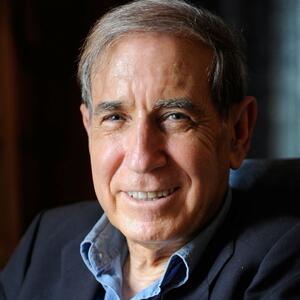The main topic of the article is the significance of testimony in the political and moral context of Montenegro, with a particular focus on Milo Đukanović’s refusal to testify against Momir Bulatović. The article discusses various aspects of testimony, including its role in exposing crimes and the moral dilemmas faced by witnesses. The testimony of a former high-ranking police official is highlighted as confirmation of the crystallization of the regime and the need for further testimonies to illuminate the truth about the government. The author criticizes the management of testimonies and calls for a genuine pursuit of truth without political manipulation.
Political Perspectives:
Left: Left-leaning sources emphasize the moral imperative of truth and accountability in testimony, highlighting the role of witnesses in exposing corruption and abuses of power. They criticize the political manipulation of testimonies and stress the need for genuine transparency and justice.
Center: Center-leaning sources present a balanced view, acknowledging the complexity of testimony as both a personal act of courage and a political tool. They focus on the importance of testimony in understanding past abuses while recognizing the challenges of political influence and the need for careful management of such processes.
Right: Right-leaning sources tend to emphasize the potential for testimonies to be used as political weapons, warning against the exploitation of witnesses for partisan purposes. They may defend figures like Đukanović by framing refusals to testify as principled stands and criticize what they see as politically motivated trials or public shaming.
















